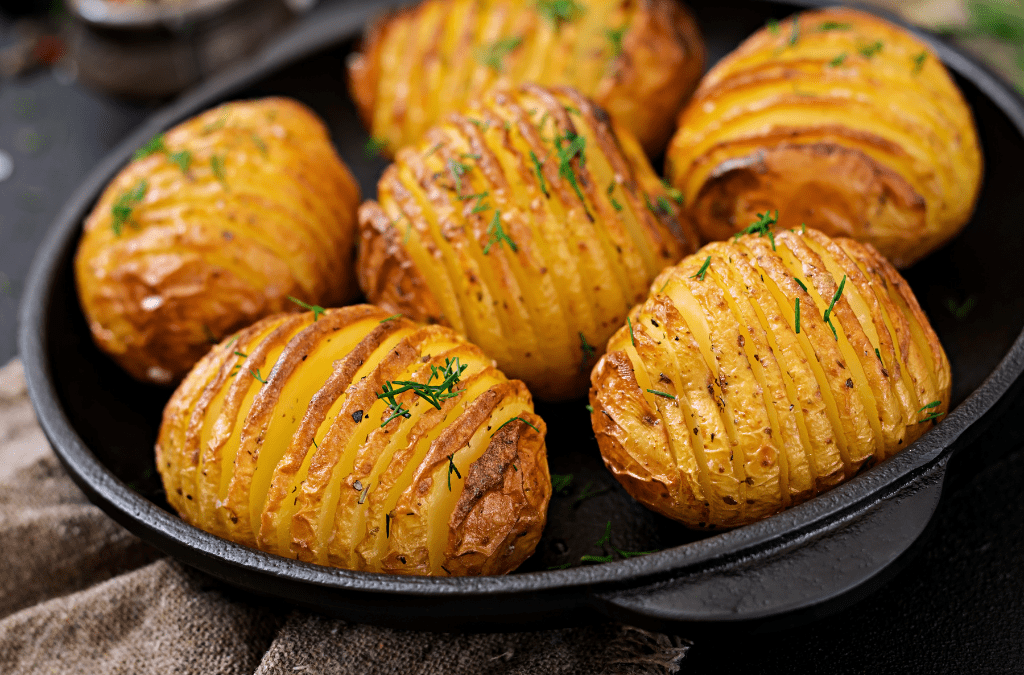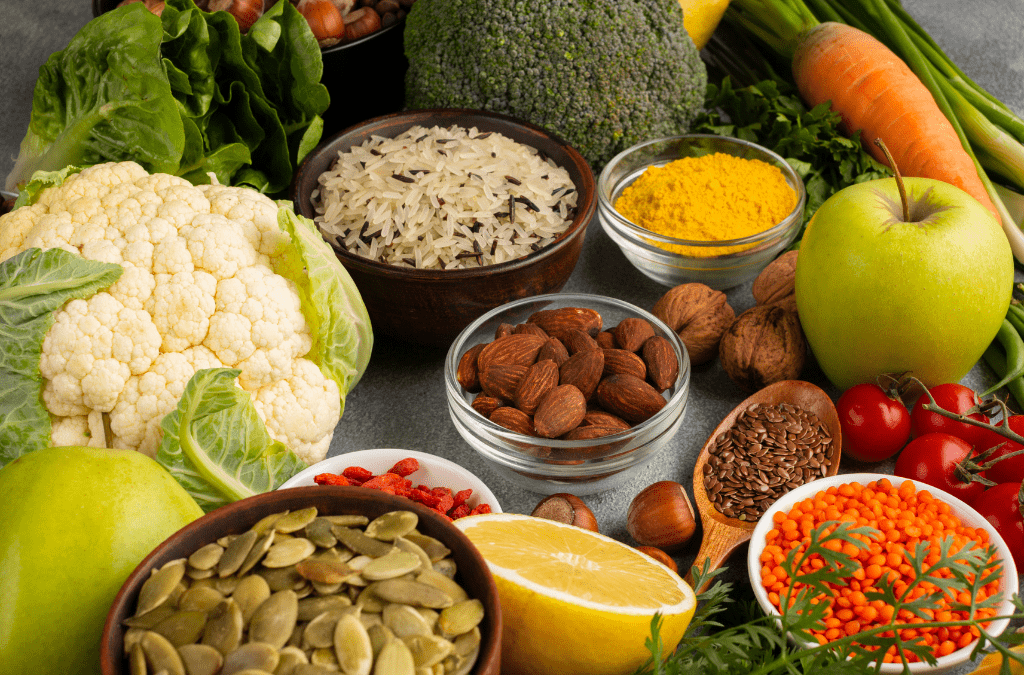
Table of Contents
Introduction
Getting your wisdom teeth removed is a rite of passage for many young adults. As you recover from surgery, the last thing you want is to undo the progress by eating something that irritates the extraction sites. Spicy foods have a bad reputation post-oral surgery, but are they as forbidden as we’ve been led to believe? Read on as we take a thoughtful look at the evidence behind post-op diet advice.
A 2019 study published in the Journal of Oral and Maxillofacial Surgery found that 42% of patients experienced pain after eating spicy food following wisdom teeth removal. (Source: Journal of Oral and Maxillofacial Surgery).
The Road to Healing
First, let’s consider the healing process after wisdom tooth extractions. When a tooth is pulled, a blood clot forms in the empty socket to jumpstart recovery. This is a vital protective layer while the bone and soft tissue mend. In the first 24 hours, avoiding certain foods reduces the chances of dry sockets or dislodged blood clots. But healing continues over the next few weeks as the sites close up.
During this time, the name of the game is promoting tissue regeneration and preventing infection. While intense spices don’t automatically lead to complications, they can irritate healing areas in some cases. Paying attention to your unique recovery is key. Note reactions over days and weeks, tailoring your diet as needed. Don’t assume all spicy dishes are off limits indefinitely, but do stay vigilant for signs from your body.
Why are Spices a Concern?
Let’s explore a few reasons oral surgeons cite for spice avoidance:
1. Inflammation
Chili peppers and other pungent seasonings contain capsaicin, which triggers inflammatory responses. Inflammation is a normal part of the healing process, but too much can provoke swelling, pain, and other issues. Experts worry spicy dishes may aggravate sites post-extraction.
2. Irritation
Healing tissues are sensitive and susceptible to irritation. Because fiery foods can cause strong topical reactions in the mouth, logic says they may bother vacant sockets and stitching. However, keep in mind that sensitivity varies drastically between people.
3. Increased Blood Flow
A hallmark of spicy food is its tendency to raise the heart rate and body temperature. Some oral surgeons want patients to avoid these effects, aiming to minimize bleeding risks as clots form. However, evidence linking food-induced circulation changes to extraction site disturbances is limited.
4. Potential Infection
Medical advice tends to fixate on infection avoidance post-op. Because spices hide naturally occurring bacteria and fungi on their surfaces, contact with healing areas stirs fears about germ exposure. However, general oral hygiene has more influence on infection likelihood than specific ingredients.
To Eat or Not to Eat Spicy Food? Your Call is Based on Experience
Now that we’ve surveyed the common reasons behind banning spicy cuisines, what conclusions can we draw about their safety after extractions? A few key points stand out:
Reactions are highly variable between patients thanks to differences in pain perception, oral biology, and extent of surgery. Guidelines cannot capture all scenarios, making personal testing vital.
While spices raise valid concerns from surgeons, evidence directly linking food inflammation and circulation to healing issues is limited. Anecdotes cite many patients eating spicy foods without complications.
Oral hygiene, hydration, rest, and non-smoking have clearer ties to smooth recoveries than dietary nitpicking. Focus on energy here rather than obsessing over ingredients.
The consensus falls strongly on the listen-to-your-body side. Because post-op experiences vary so greatly, no standard spice-related advice can suffice for everyone. Instead of fixing bans based on fear of risks, use your plate as an experiment. Test milder aromatic foods first, then slowly evaluate greater heat levels day-by-day if interest persists. But pull back promptly if any discomfort arises.
Strategy Tips for Safer Spice Experiences
Having your wisdom teeth removed means dealing with a very painful recovery, but it doesn’t have to mean saying goodbye to spicy cuisine forever. By taking a careful, strategic approach, you can start to safely reintroduce some kick back into your diet.
If the thought of tingling heat on your tender gums and wounds makes you wince, try starting with small steps outside your mouth first. Rub a very diluted spicy oil on your skin and see if you react negatively before putting spices directly on the recent extraction sites.
When you’re ready to try spicing up your next meal, don’t immediately go for the five-alarm chili-infused dishes you may crave. Milder peppers like poblanos or even a hint of cayenne in oil can provide a subtle burn to the whet of your palate.
As you continue healing, slowly increase the intensity and frequency of zesty flavors on your plate. Just be sure to keep several precautions in mind:
Have soft foods like plain yogurt or ice cream ready to relieve any discomfort.
- Take small, spaced-out bites instead of large, overloaded spoonfuls.
- Chew gently toward the back of your mouth to limit any contact with wounds.
- Swish with a small amount of salt water or diluted mouthwash after the meals to cleanse the sites.
- Drink plenty of cool water and snack on some ice chips to calm the irritation.
- Consider topical gels and liquids to numb any lingering burns.
- Stick to pure spices first before any complex blends with acids or oils.
With some restraint and preparation, your taste buds can continue enjoying the heat while your mouth mends itself. Just tune into your signals if any discomfort arises, and implement our spice safety tips. Your next fiery feast awaits!
And of course, quit immediately if pain or bleeding occurs, telling your oral surgeon about setbacks. Don’t view even mild, lingering irritation as normal. The central goal remains to heal safely above cuisine enjoyment.
Recommended Post-Op Diet Phases for Wisdom Teeth Patients
To synthesize everything into an actionable dietary roadmap, let’s break recovery into phases, suggesting appropriate spice increments:
Phase 1: Days 1–3
Stick to bland, lukewarm soft foods like yogurt, oatmeal, and mashed cauliflower. Absolutely no spices beyond a pinch of salt or garlic powder, if desired. Focus entirely on protection and healing.
Phase 2: Days 4–7
If healing is progressing well, add in mellow flavors like peppermint, ginger, saffron, parsley, thyme, or fennel seeds. Stir a pinch into soft foods and pay close attention to body responses, dialing back at any discomfort.
Phase 3: Days 8–14
If the previous steps have passed without irritation, carefully test bolder aromatics like cumin, turmeric, mild chili powder, or paprika. Again, halt and notify your surgeon about any concerns arising. Don’t rush ahead of your body’s recovery pace.
Phase 4: Day 15 Onward
At this point, wounds show good sealing and closure progress. If earlier spices have sailed smoothly, branch into peri-peri, sambal, or light curries to continue gauging sensitivity. But raise the cutoff point for even mild discomfort or bleeding, telling your oral surgeon immediately. Don’t jeopardize long-term healing for intense flavors; a lifetime of spicy cuisine lies ahead post-recovery!
Conclusion
Spices don’t automatically lead to dry sockets or other post-op complications. But because flavor compounds can theoretically irritate healing areas, oral health must take first priority. Let your extraction sites be the guide, sampling cautiously and stopping at the first signs of irritation. Patience through the initial healing paves the way for safely savoring spicy dishes long-term after you’ve fully recovered.
FAQs
Ans. It’s best to avoid spicy foods for at least a week after having your wisdom teeth removed. The spices can irritate the surgical sites and cause discomfort.
Ans. You should be able to gradually return to eating normally within 7–10 days after surgery. Start with soft foods like yogurt, eggs, and cooked vegetables. As your mouth heals, you can incorporate more solid foods back into your diet.
Ans. Some foods to avoid during the first few days include nuts, seeds, popcorn, crispy or crunchy foods, extremely hot foods, and hard foods like candies or chips that could get stuck in the surgery sites. Stick to a soft-food diet.
Ans. No, it’s best not to eat pepper or other spicy seasonings for at least a week after surgery, when the sites are still healing. Even black pepper can be irritating.
Ans. Eating mildly spicy foods three days after surgery may cause some discomfort or irritation to the surgical sites. It’s generally best to stick to bland, soft foods for the first 5-7 days before trying spicier foods.
Ans. 12 days after surgery, the sites have likely begun to heal more, but they can still be sensitive. It’s probably okay to incorporate mildly spicy foods at that point, but avoid anything extremely spicy for 2 full weeks post-surgery just to be safe. Start slow and stop eating it if you feel significant discomfort.







